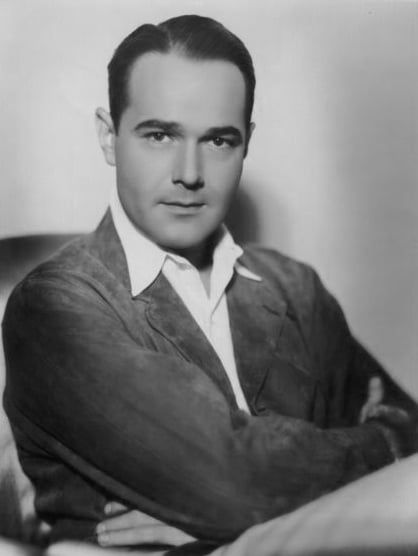The Art of Glamour #4 - Joan Crawford’s decorator, The King of 'Hollywood Regency'
- By Panthea Vine
- Oct 5, 2020
- 2 min read
Updated: Apr 18, 2022

William Haines was born on New Years Day 1900, and always thought of himself as ‘a true child of the twentieth century’.
At the age of 22 he was spotted for his good looks by a talent scout, and signed by MGM, who then launched his acting career into what was to become known as Hollywood’s golden age. On his first meeting with studio executives, he swaggered in and flippantly remarked, ‘I’m your new beauty prize’.
Known in real life for his sharp wit, this was mirrored in his on-screen persona as the wisecracking leading man; the narratives would, invariably, see him humbled by the final reel. Appearing in a string of successes, he made the transition from silent movies to talkies, and by 1930 was America’s number-one male box office star.
William Haines had become the toast of Hollywood.

His elegant, debonair image exemplified the era’s bohemian party spirit and anything-goes Hollywood culture. Unlike other gay movie stars of the time, he lived openly with his partner Jimmy Shields, and the pair were said to be ‘the happiest married couple in Hollywood.’

After a series of notorious scandals and several risqué films, the Hollywood movie industry was rocked by widespread condemnation from religious and political organisations. Irreverence gradually gave way to conservatism, as the 1930 Motion Picture Production Code came into force. It set ‘moral’ guidelines that actors were instructed to follow, and by 1933 Haines was faced with mounting pressure from the studio, who issued him with an ultimatum. Either end his relationship with Shields or have his contract terminated.
Haines walked away, and ended his film career. Though his connection to Hollywood would continue.

With an eye for interior design and a passion for antiques, Haines was commissioned by his close friend Joan Crawford (whom he teasingly called Cranberry) to revamp her Brentwood house. He caused a sensation by decorating her living room in all white. He then did the opposite for Carole Lombard, using bold pops of colour throughout her home.
Haines quickly became Hollywood’s most in-demand interior designer, but his success was down to more than just having connections. He offered clients a lighter, more understated alternative to the dark, sombre Tudor, and Spanish styles that had been en vogue with stars of the silent era.

Haines became synonymous with good taste and originated a style that is revered to this day.
Epitomised by its finishes in gold, the use of mirrors, and textures of silk, satin and velvet, Hollywood Regency came into being by the force of one man’s imagination. Born in Hollywood for Hollywood, with every detail intended to convey a sense of luxury and opulence.
With his refined use of custom-made furniture and interior compositions, Haines remained Hollywood's premier interior designer until his retirement in the early 1970s.
Today his pieces are highly sought after by artists and collectors alike.

Haines and Shields remained together for 47 years, and died only months apart. They are buried next to each other in a Santa Monica cemetery.
William Haines once said:
'I can tell you this - I would rather have taste than either love or money.'
A fiercely authentic man who refused to compromise, he turned adversity into opportunity and had it all.



Comments